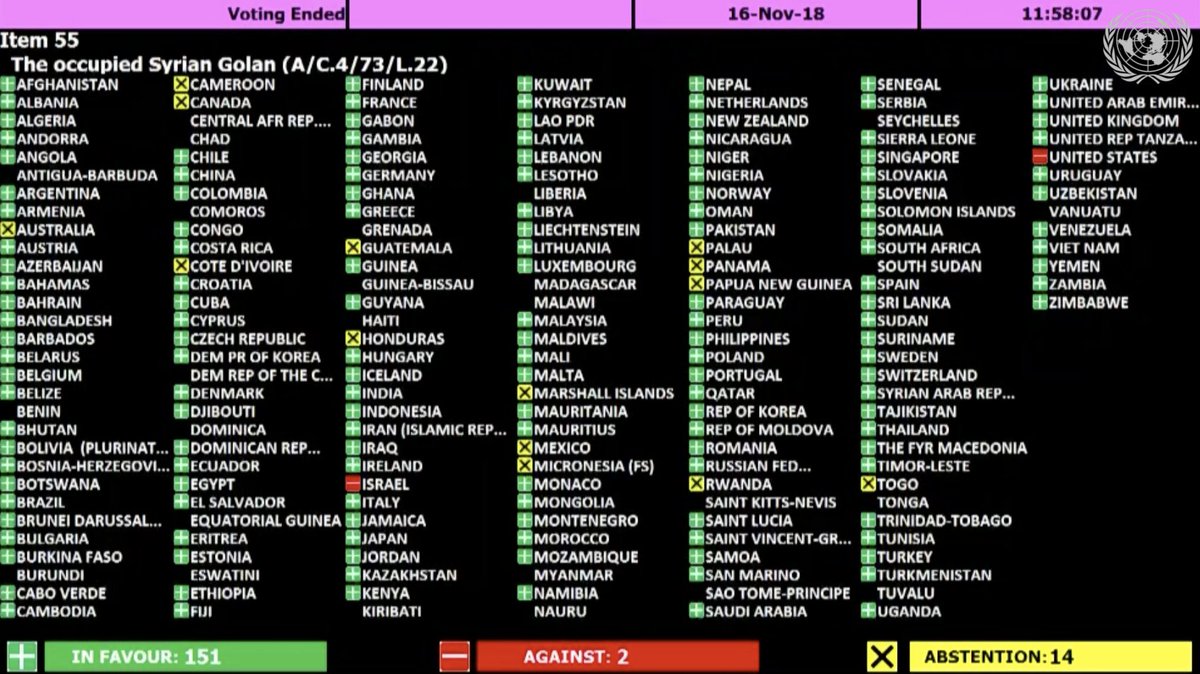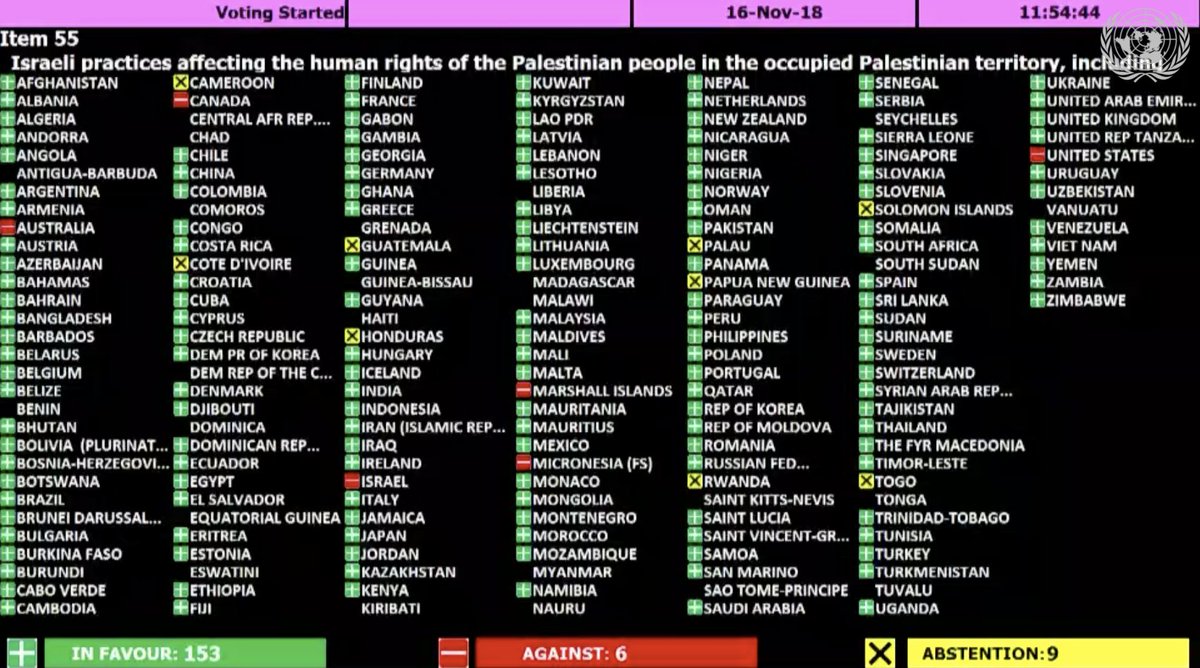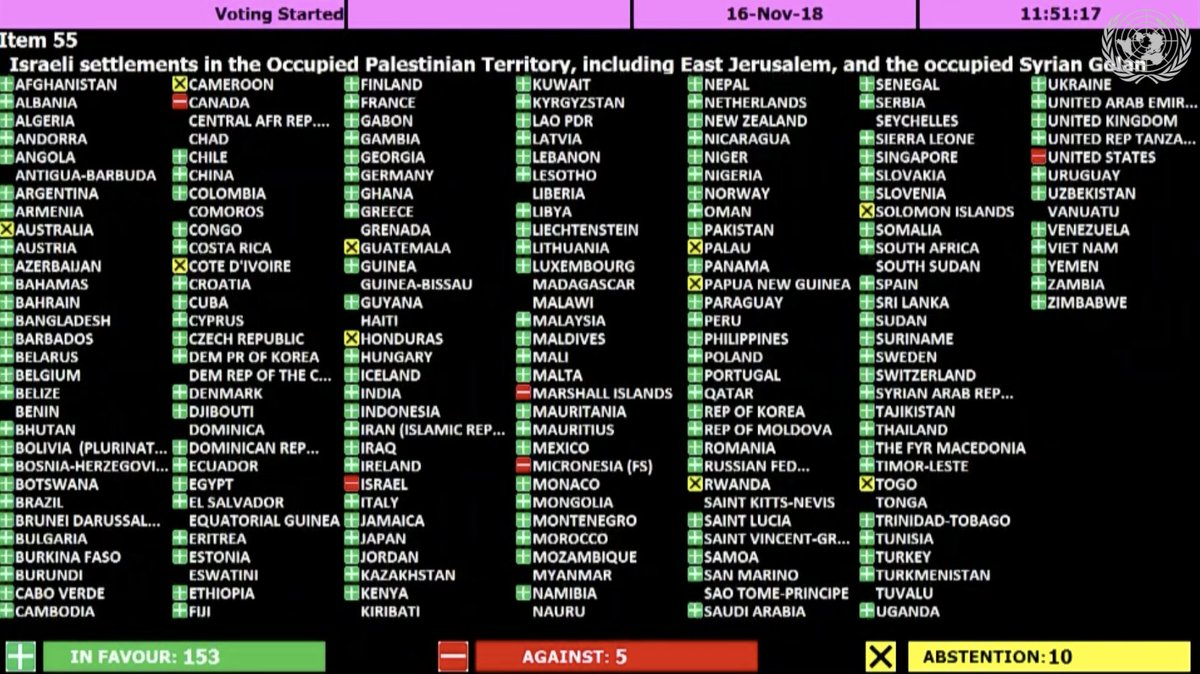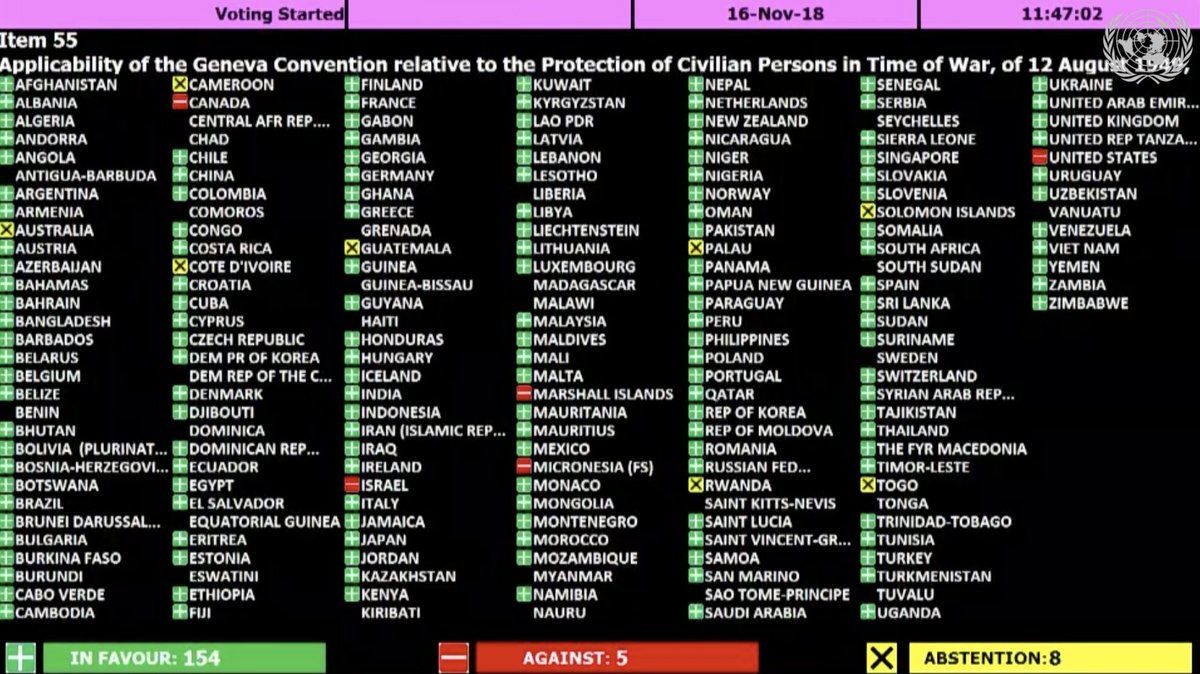HOWEVER...
My students have performed BETTER with reduced reading workloads.
Undergrads focus on ONE reading per week, while having 3 more available "if they so happen to have the time to read them" (they often do try to read these extra readings).
Masters' level students have appreciated taking a "let's just take things more slowly" approach.
Doctoral level students felt somewhat weirded out that I wasn't assigning three books a week. Though they appreciated it.
What I have drawn from my experiences:
- Workshops work.
Having a section of the class that is "hands-on, let's get writing/analyzing/thinking/reading" as a workshop fulfills two goals, for me:
1) Cements my students' understanding of the method.
2) Helps them have actual time to think and read and write rather than rush through.
Depth and breadth are issues we need to compromise on.
- Do I want them to read more broadly or more deeply?
- Do I want them to become more expert in a few things or become more generalist-type people?
These choices are malleable, as is our context.
What is NOT malleable:
Time is NOT malleable.
Students and faculty and staff all have 24 hours per day.
Zoom University exhausts people because we miss physical interaction, social interaction. We don't draw the same energy from performing inside a classroom. Staff are exhausted all the same.
I am someone who studies scarcity and decision-making under uncertainty. When time and energy are scarce, I prefer that my students make the choices that are more efficient, in my view: choose to read ONE reading deeply, practice what I teach you, become proficient in the method.
When all this *gestures broadly* passess, my students (then probably graduates!) will have again the time to read broadly, BUT they will also have the skills to engage with the material DEEPLY and PRACTICALLY, PRAGMATICALLY.
So, to me, reducing reading load actually worked.
The pedagogy that I use now is still much along the lines of how I taught: with kindness and understanding. But I now vary instructional techniques and strategies in a way that even when taught through Zoom, my courses can still be enjoyable.
Also, I err on the side of kindness
Moreover, I have experimented with bringing in several guest speakers. This strategy has several benefits:
1) They don't keep hearing my own voice all the time.
2) They hear from experts in the field
3) They may hear the same or similar ideas as I have shared, HOWEVER...
... they hear them from SOMEONE ELSE.
I have always used workshops in my social science courses. I am trained as a chemical engineer (undergrad). EVERYTHING I learned had its own lab. I do the same thing:
"here is the technique and how I use it, now, here: do it yourself".



